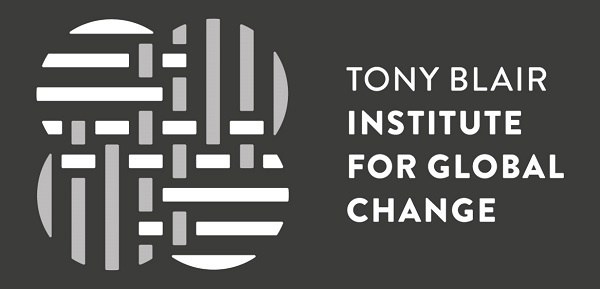 The Tony Blair Institute for Global Change has recommended increasing social mixing among young people and reforming the school curriculum as key ways extremism should be tackled in Britain. The proposals have been made in a new report released this week titled ‘Resonating Narratives: The scale of Islamist and far-right extremism among British young people’.
The Tony Blair Institute for Global Change has recommended increasing social mixing among young people and reforming the school curriculum as key ways extremism should be tackled in Britain. The proposals have been made in a new report released this week titled ‘Resonating Narratives: The scale of Islamist and far-right extremism among British young people’.
As part of the study, the Institute surveyed attitudes of White non-Muslims (WNMs) and Muslims aged between 18-30 in Britain. While over half of both WNM and Muslim respondents agreed that ‘there is never a justification for terrorism or political violence’, antidemocratic and other extremist views were held by a not insignificant minority of both groups. For example, 16% of WNMs and 17% of Muslim respondents believed ‘democracy is broken and we should replace it’, while 9% of WNMs and 15% of Muslims surveyed agreed that ‘people should go out to fight to defend their religion or culture with force’.
Islamophobic attitudes amongst many WNMs were recorded, with 31% believing Islam ‘promotes violence and that there are no-go areas [in Britain] where sharia law dominates’ and 17% believing ‘British culture is under threat from invasion’. Meanwhile, many Muslim respondents felt persecuted, with 34% believing that Muslims were ‘systematically targeted in the UK and globally’.
The report found an interplay between some demographic, behavioural and environmental indicators and people holding extremist views. It concluded that ‘those who are likely to agree with more extreme messages tend to: say they have been discriminated against; have homogenous social networks in terms of race and religious belief; lack social integration and inter-group contact; and have a negative outlook or feel powerless when it comes to the future.’ (p16)
The study advises the UK Government to put forward a new vision for countering extremism and grouped its specific policy recommendations under three headings, which included ‘A Focus on A Focus on Young People and Diversity’ and ‘Enhanced School Curricula’. Although the report failed to highlight how religious discrimination in school admissions makes the school system more segregated and erroneously argues that the make-up of schools ‘merely reflect residential choices’, it urged for measures to tackle homogeneity within schools.
As part of boosting the school curricula, the report advises that schools should ‘teach young people how to talk about difficult issues’, including regarding religion, identity and agency. It also urged for greater support for ‘formal media literacy’ to help people judge the veracity of media content.
Chair of the Accord Coalition, the Reverend Stephen Terry, said ‘The Tony Blair Institute report avoids stigmatising any religious or ethnic group in society and helpfully identifies factors that can exacerbate extremism, including segregation and discrimination. A range of approaches are required to tackle extremism, but the report is right to draw attention to the important role schools can play, such as by exposing pupils to greater diversity and promoting critical thinking.’
‘It is all the more significant that these arguments in favour of inclusive education are being offered by the Tony Blair Institute given the waves of new segregationist and discriminatory state funded faith schools that were opened during Tony Blair’s premiership. It highlights the growing awareness among policy experts of how important inclusive schools are for forging a more inclusive society.’


